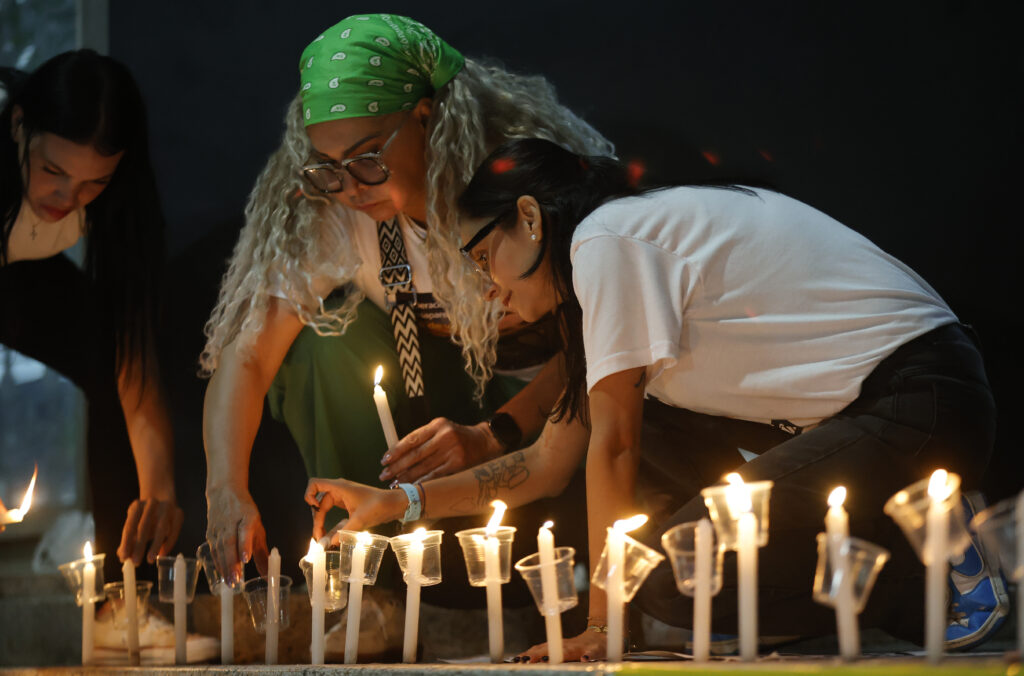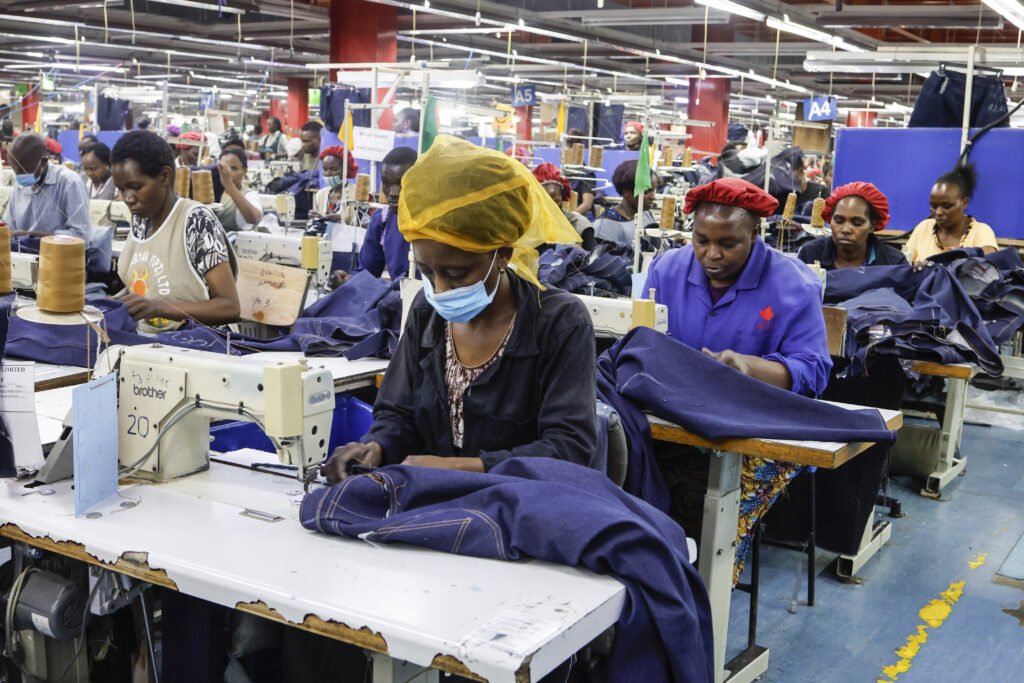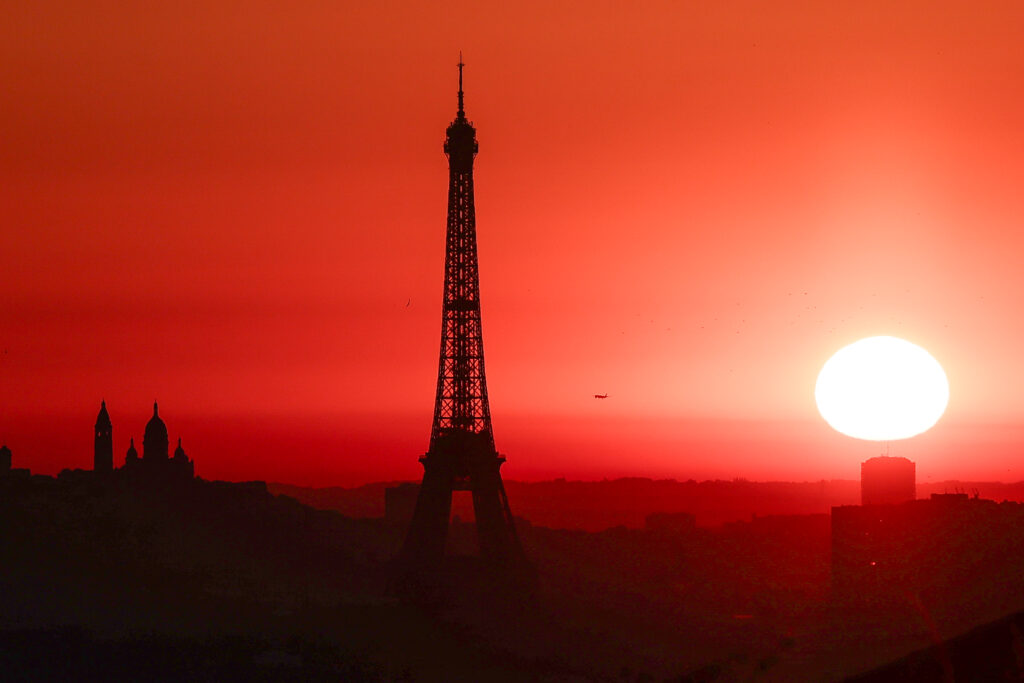US President Donald Trump has stepped up his designs on Denmark’s autonomous territory Greenland, but questions abound about why he seeks to take it over when the US already has extensive access to the Arctic island. What does Denmark’s defence agreement with the US on Greenland say? What is Copenhagen doing to beef up its security? Do China and Russia pose a real threat? And what does Greenland’s independence movement say? Here are answers to those four key questions.- US military presence -In 1941, at the height of World War II, occupied Denmark authorised the United States to build and operate military bases on Greenland, Denmark’s then-colony in the Arctic, for as long as the conflict would last in a bid to protect the American continent.By the end of the war, the US had 15 military bases in Greenland. Today there remains just one, the Pituffik air base on the northwestern coast, which US Vice President JD Vance visited in March.Greenland’s location is highly strategic, lying on the shortest route for missiles between Russia and the United States. It is therefore a crucial part of the US anti-missile shield.Home to 57,000 people, Greenland “is an important part of the US national security protection,” Marc Jacobsen, Arctic expert at the Royal Danish Defence College, told AFP.Since 1951, a Danish agreement with the United States — revised in 2004 — gives the US military practically carte blanche to do what it wants on Greenlandic territory, as long as it informs Denmark and Greenland in advance.”The Government of the United States will consult with and inform the Government of the Kingdom of Denmark, including the Home Rule Government of Greenland, prior to the implementation of any significant changes to United States military operations or facilities in Greenland,” Article 3 of the accord states.- Danish investments in security -Trump has argued that Denmark has failed to ensure the security of Greenland, which measures 2.2 million square kilometres (849,424 square miles), or about a fifth of the size of the entire European continent.But Denmark rejects the claims and stresses that it allocated nearly 90 billion kroner ($14 billion) to beefing up security in 2025.The Sirius patrol, tasked with defending a huge, largely uninhabited swathe of the island in the northeast measuring 972,000 square km, travels across the ice by dogsled. The patrol consists of 12 soldiers and some 70 dogs.But to defend the entire territory, 81 percent of which is covered in ice, the Danish military has invested in five new Arctic vessels, an air radar alert system, as well as drones and sea patrol planes.A subsea telecoms cable between Greenland and Denmark will also be built. Two cables already link the island to Iceland and Canada.- Chinese and Russian presence -A recent report by Denmark’s military intelligence service said Russia, China and the United States were all vying to play “a greater role” in the Arctic.Greenland has untapped rare earth deposits and could be a vital player as melting polar ice opens up new shipping routes.In August 2025, two Chinese research vessels were observed operating in the Arctic, north of the US and Canada, about 1,000 kilometres (620 miles) north of Greenland.”It’s important that Donald Trump understands that there are not Russian and Chinese ships along the coast of Greenland,” Jacobsen said.China is also virtually absent from Greenland’s economy.The semi-public company Shenghe Resources has a 6.5 percent stake in Australian mining group Energy Transition Minerals, which wants to develop a rare earths deposit in southern Greenland. That project is currently halted, however.In addition, China was blocked from investing in new airports in Greenland.”The Greenlandic government had shortlisted a big Chinese state-owned company for providing technical support for building new airports eight years ago, but Denmark and the US offered to finance the airports on the condition that the Chinese contractor was not selected,” Jesper Willaing Zeuthen of the University of Aalborg told AFP.China’s presence in the Arctic currently focuses mainly on the Northern Sea Route and, and it has occasionally joined exercises with the Russian coast guard in the Bering Strait, according to an assessment from the Danish Institute for International Studies.- Road to independence -Greenland’s government in Nuuk and Copenhagen have repeatedly said that the territory is not for sale and that only Greenland can decide its future. It is currently governed by a coalition that has no plans to seek independence from Denmark in the immediate future.The Naleraq party, which wants swift independence and which came second in Greenland’s legislative elections in March, is not in government. While some of its members want to bypass Denmark and negotiate directly with the United States, the party’s official stance is that “Naleraq does not want Greenlanders to become American. Just as we do not want to be Danish.”A year ago, 85 percent of Greenlanders said they opposed joining the United States, according to a poll published in the Danish and Greenlandic press.








